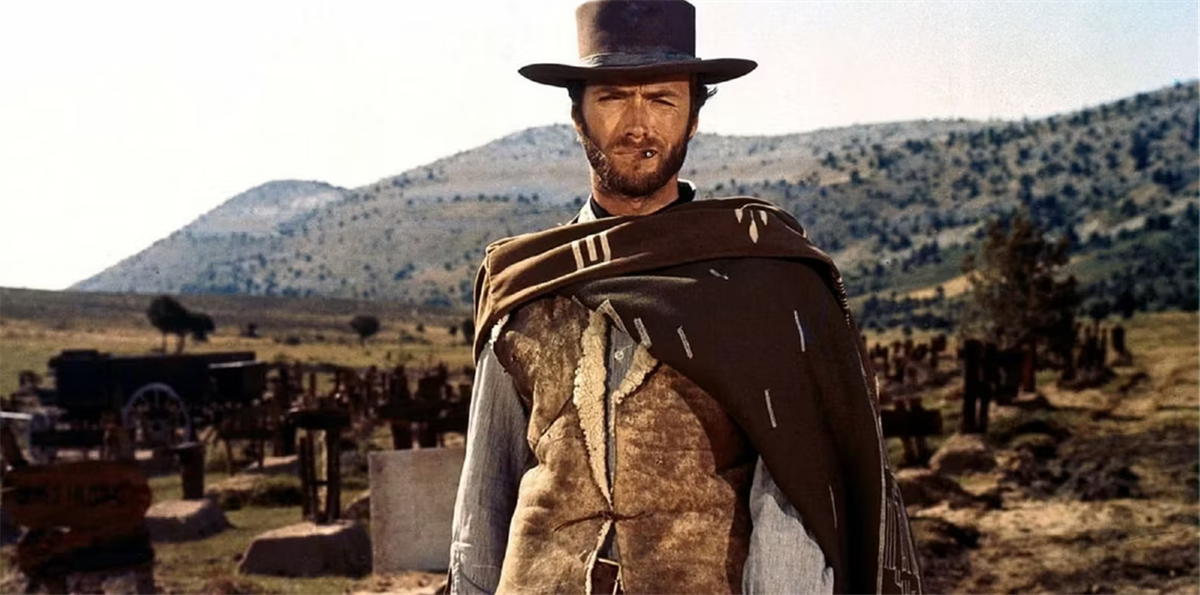The absolute best of the West
Varied, vast, and versatile, the Western genre has gifted audiences around the world with some of the greatest films ever made, from The Good, the Bad and the Uglyto The Searchers.
The Western has some of the strongest iconography and tropes of any genre, including some instantly recognizable types of main characters. Courageous sheriffs, mischievous outlaws, and morally gray gunslingers populate these movies, with some of them being among the most iconic characters in cinema history.
Josey Wales Is An Army of One — ‘The Outlaw Josey Wales’ (1976)
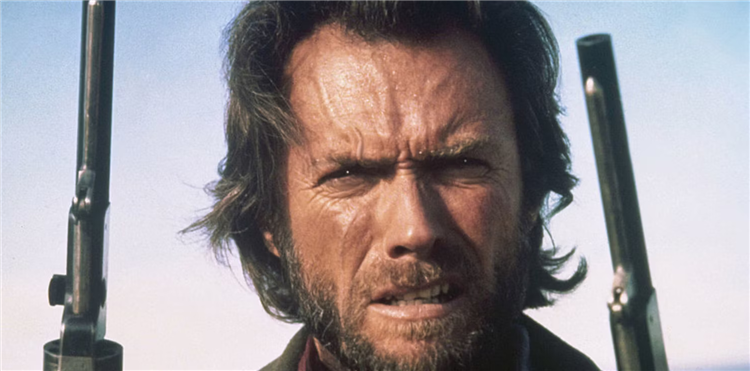
Nowadays, Clint Eastwood is as well-known a director as he is an actor, but back in the ’70s, he was just getting started behind the camera. One of his first movies was The Outlaw Josey Wales, about a man pursued by soldiers after avenging his family’s brutal murder.
Wales himself is a fantastic character, a man haunted by grief and trauma, fighting for justice. The film itself is sadly underappreciated, and the intense, charming protagonist is a big reason why.

One of the most unique and endearing Westerns to ever touch the silver screen is Shane, about a weary gunfighter trying to settle down, but a conflict leaves him with no choice but to act.
Shane, played brilliantly by Alan Ladd, is one of the most memorable protagonists of the genre. He’s a man of few words, a skilled gunslinger with a mysterious past. He’s the perfect vehicle for the film’s themes of love, selflessness, and masculinity, making Shane surprisingly wholesome all around.

In the Coen Brothers‘ Oscar-winning film No Country for Old Men, a man stumbles upon $2 million dollars and a drug deal gone wrong, and he’s chased throughout Texas by a methodical killer trying to retrieve the money.
No Country has an amazing triad of main characters: The incredibly menacing Anton Chigurh; the intriguing Ed Tom Bell; and the main character, the cunning Llewelyn Moss, played by Josh Brolin. His complex and nuanced personality makes his journey engaging, and his eventual fate is one of the movie’s most impactful moments.

The Seachers is the quintessential revitionist Western, about a Civil War veteran called Ethan Edwards who spends years looking for a young niece captured by Indians, with his motivation becoming increasingly questionable.
This film is widely considered to be John Ford‘s best, and that is largely thanks to the brilliantly written protagonist played by the legendary John Wayne. Ethan is not a good person. He’s racist, misogynistic, and violent; but somehow, it’s impossible to take one’s eyes off of him, as his fascinating psyche and connection to the movie’s themes are incredibly rich and nuanced.
William Munny Is Pulled Back In — ‘Unforgiven’ (1992)
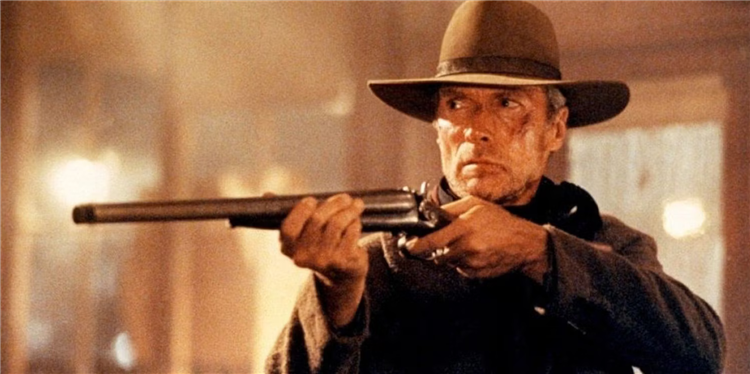
Clint Eastwood’s first couple of Oscar wins came with Unforgiven, which got him the Best Director and Best Picture awards. It’s a film about William Munny, a retired killer turned gentle widower, who takes on one last bounty hunt to support his two children. It might just be Eastwood’s best work.
The character of Munny takes the myth of the Old Western hero and turns it on its head, blurring the lines between good and evil. He’s ruthless and coldhearted, but his change into a better man is nothing if not entirely believable and compelling.

Quentin Tarantino has one of the most distinct and idiosyncratic voices in the modern movie industry, and Django Unchainedis one of his most stylish works. Jamie Foxx plays Django, a freed slave who sets out to rescue his wife from a plantation owner.
Foxx is fantastic in the role, which gives him lots of space to experiment with his charismatic acting style. Django is more than the simple protagonist of a brutal revenge tale: He’s a complex man with comedic timing as perfect as his dramatic qualities, resulting in an insanely fun character that audiences just can’t get enough of.
Harmonica Is An Inscrutable Hero — ‘Once Upon a Time in the West’ (1968)
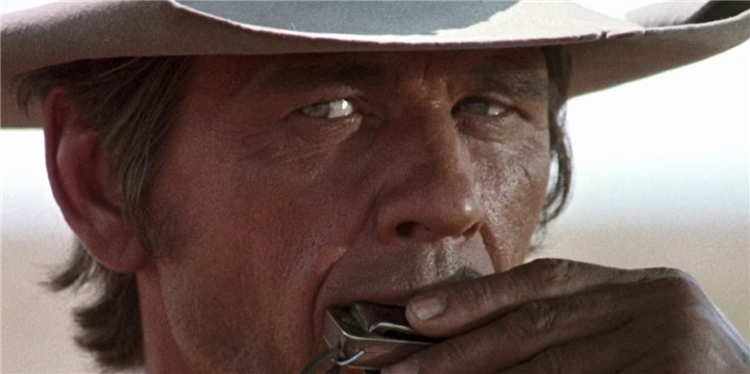
Often praised as one of the best Westerns and best revenge movies ever made, Sergio Leone‘s masterpiece Once Upon a Time in the West is about two men helping protect a widow’s land and life from the approaching railroad.
At the heart of this riveting tale about progress and the nature of vengeance stands Harmonica (played by Charles Bronson), a mysterious lone wolf that’s hard (but incredibly interesting) to pin down and decipher. Bronson plays the part perfectly, effectively hiding Harmonica’s thoughts and feelings while making him feel intimidatingly dedicated.
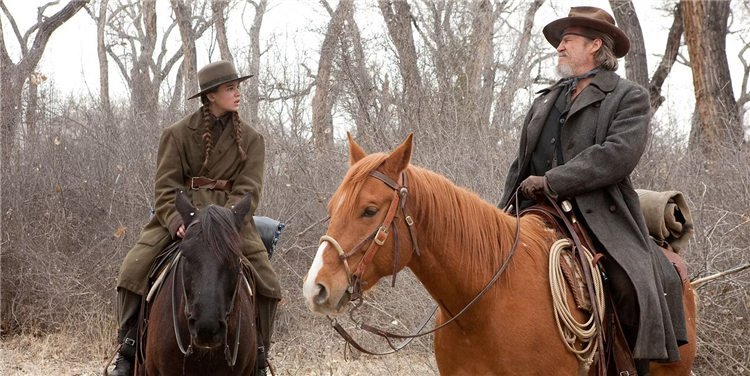
Both versions of True Grit, about an endearing teenage tomboy seeking the help of an old marshal to avenge her father’s death, are among the most beloved movies by fans of the Western genre.
Both the tough and rugged Rooster Cogburn and the young and skillful Mattie Ross can be considered the protagonists of the story, and their dynamic together is delightful. It’s their unlikely bond that strengthens the film’s themes of friendship, companionship, and the roughness of entering adulthood.
Butch & Sundance Should Have Gone to Bolivia — ‘Butch Cassidy and the Sundance Kid’ (1969)
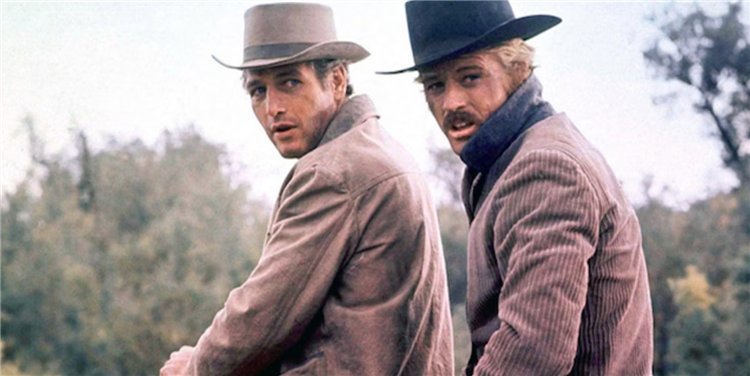
Based on a true story, Butch Cassidy and the Sundance Kid follows two outlaw friends fleeing the law as progress and civilization slowly starts to catch up to them.
Butch and Sundance are one of the most fun duos that cinema has ever seen, their quirky personalities and quippy lines bouncing off of each other beautifully. Their friendship is the main thing that makes this film such a well-liked gem, and the genre simply wouldn’t be the same without them.

Clint Eastwood is arguably the face of the Western genre, and that is unarguably thanks to his most legendary role: The Man With No Name in Sergio Leone‘s Dollars trilgoy, comprised of A Fistful of Dollars, For a Few Dollars More, and The Good, the Bad and the Ugly.
There are plenty of good reasons why the Man With No Name is the quintessential Western protagonist. His cold stare, rough-around-the-edges demeanor, and quiet personality all make him a fascinating character, and he constantly makes audiences wonder whether he might be a genuinely good guy deep down.
